Filter by
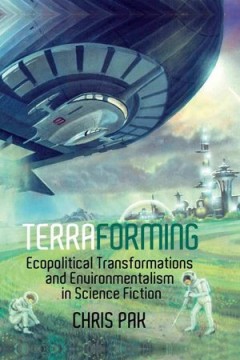
Terraforming: Ecopolitical Transformations and Environmentalism in Science Fi…
Terraforming is the process of making other worlds habitable for human life. Its counterpart on Earth—geoengineering— is receiving serious consideration as a way to address climate change. Contemporary environmental awareness and our understanding of climate change is influenced by science fiction, and terraforming in particular has offered scientists, philosophers, and others a motif for t…
- Edition
- -
- ISBN/ISSN
- 9781781382844
- Collation
- -
- Series Title
- -
- Call Number
- -
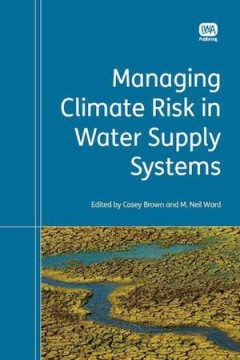
Sisters and the English Household: Domesticity and Women's Autonomy in Ninete…
Sisters and the English Household revalues unmarried adult sisters in nineteenthcentury English literature as positive figures of legal and economic autonomy representing productive labor in the domestic space. As a crucial site of contested values, the adult unmarried sister carries the discursive weight of sustained public debates about ideals of domesticity in nineteenth-century England. Eng…
- Edition
- -
- ISBN/ISSN
- 9781783088454
- Collation
- -
- Series Title
- -
- Call Number
- -
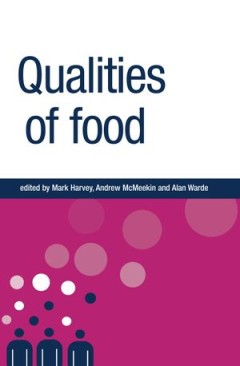
Scepticism and belief in English witchcraft drama, 1538–1681
This book situates witchcraft drama within its cultural and intellectual context, highlighting the centrality of scepticism and belief in witchcraft to the genre. It is argued that these categories are most fruitfully understood not as static and mutually exclusive positions within the debate around witchcraft, but as rhetorical tools used within it. In drama, too, scepticism and belief are vit…
- Edition
- -
- ISBN/ISSN
- 9789198376876
- Collation
- -
- Series Title
- -
- Call Number
- -
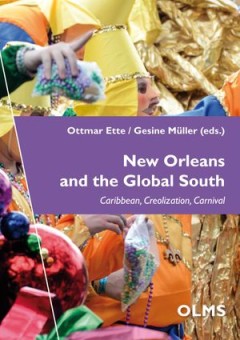
Reclaiming Romanticism: Towards an Ecopoetics of Decolonization
The earliest environmental criticism took its inspiration from the Romantic poets and their immersion in the natural world. Today the “romanticising” of nature has come to be viewed with suspicion. Written by one of the leading ecocritics writing today, Reclaiming Romanticism rediscovers the importance of the European Romantic tradition to the ways that writers and critics engage with the e…
- Edition
- -
- ISBN/ISSN
- 9781474290593
- Collation
- -
- Series Title
- -
- Call Number
- -
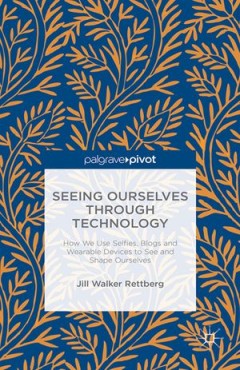
Power Relations in Black Lives: Reading African American Literature and Cultu…
According to relational sociology, power imbalances are at the root of human conflicts and consequently shape the physical and symbolic struggles between interdependent groups or individuals. This volume highlights the role of power relations in the African American experience by applying key concepts of Pierre Bourdieu and Norbert Elias to black literature and culture. The authors offer new re…
- Edition
- -
- ISBN/ISSN
- 9783839436608
- Collation
- -
- Series Title
- -
- Call Number
- -
 Computer Science, Information & General Works
Computer Science, Information & General Works  Philosophy & Psychology
Philosophy & Psychology  Religion
Religion  Social Sciences
Social Sciences  Language
Language  Pure Science
Pure Science  Applied Sciences
Applied Sciences  Art & Recreation
Art & Recreation  Literature
Literature  History & Geography
History & Geography